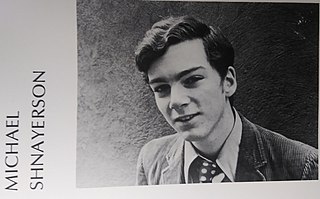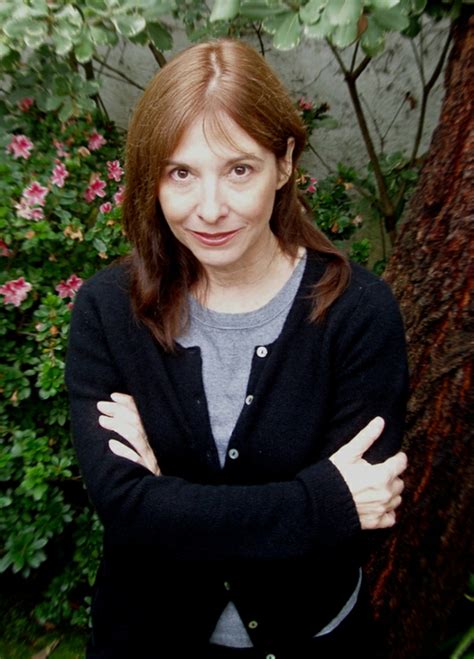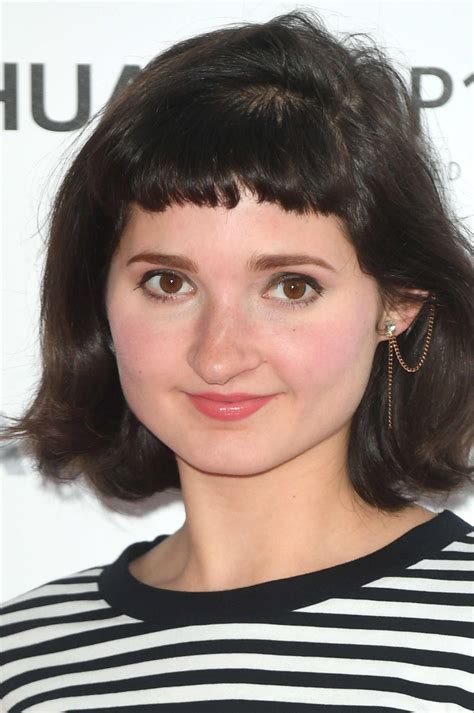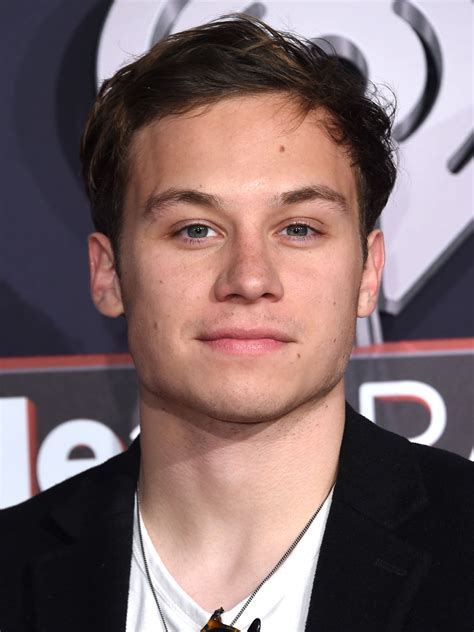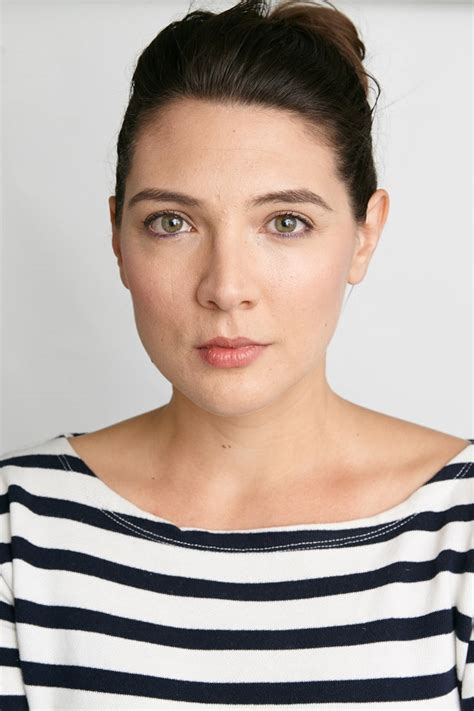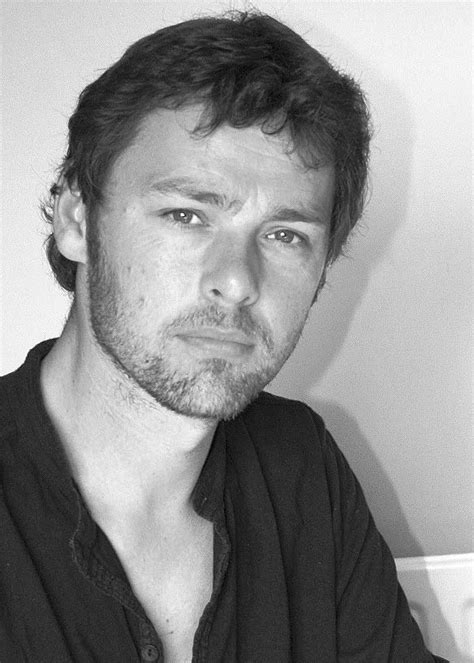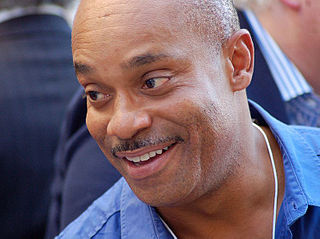A Quote by Michael Shnayerson
Directly after Rock Hudson's death came the fears that gay writers and actors and directors would be denied jobs; who knew if they would live long enough to finish a feature film or television series? And would the unions force directors to give blood tests and ban actors who tested positive?
Related Quotes
When I first started out, it was very, very difficult to even get in the room with directors or casting directors because they would see that I hadn't been to drama school and wouldn't want to see me. Now, I feel like it's changing. We have this new generation of a lot of writers, directors and actors who are just breaking through, and they're doing it for the passion.
I think film is a world of directors. Theater is a world of actors. Or, theater is for actors as cinema is for directors. I started in theater. Filming is as complete as directing film. In theater, you are there, you have a character, you have a play, you have a light, you have a set, you have an audience, and you're in control, and every night is different depending on you and the relationship with the other actors. It's as simple as that. So, you are given all the tools.
Most writers have no idea how to make a film. It's a totally different skill set. Nor is it just to translate exactly what's on the page directly on to the screen - because that would be terrible. It would be five hours long, and the structure would be a mess. But the writers know the characters and the story.
There are directors, and I think this is true of all directors, it would be true if I was a director - If the actor didn't want to do what I was suggesting, I would let him do it his way, and then I would say to him, "Just give me one where you do what the director wants", and that, of course, is the take that's used.
When movies work or a TV series, when they really work, it's because of the collaborative effort. Competition is the death knell for anything, in my opinion. Especially in Hollywood. When actors are competing against each other, or when directors are competing against actors, it's usually the beginning of the end.
Most Chinese filmmakers grew up watching television; they watched films on television, not in cinemas. The scope of their vision is not big enough, they're not yet detail-oriented enough. You have to watch films in cinemas for years to understand the depth and scope of vision needed in filmmaking. Directors in China usually come from an academic background; they graduate as film directors. Whereas the directors from Hong Kong learn their trade on sets, beginning at the lowest rung.
